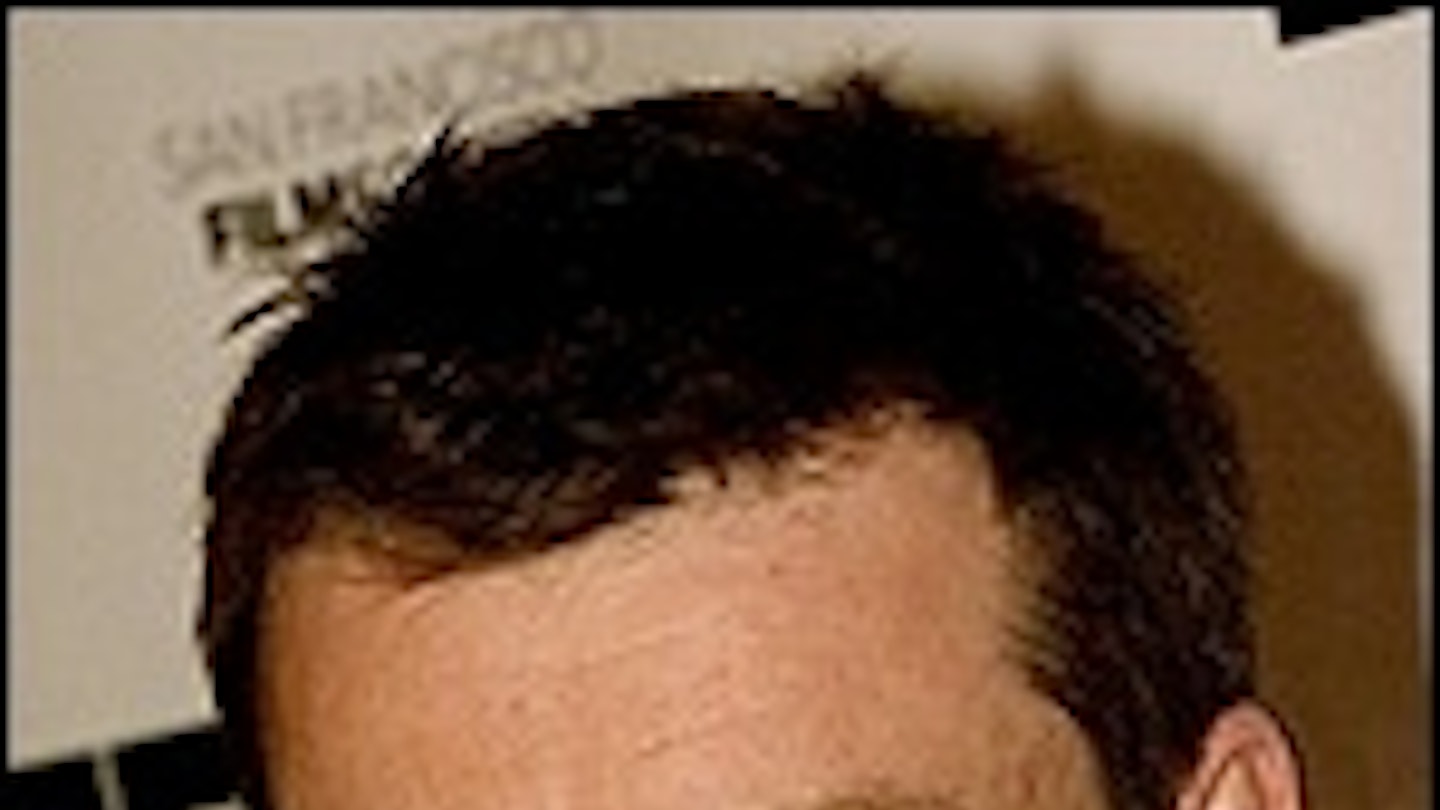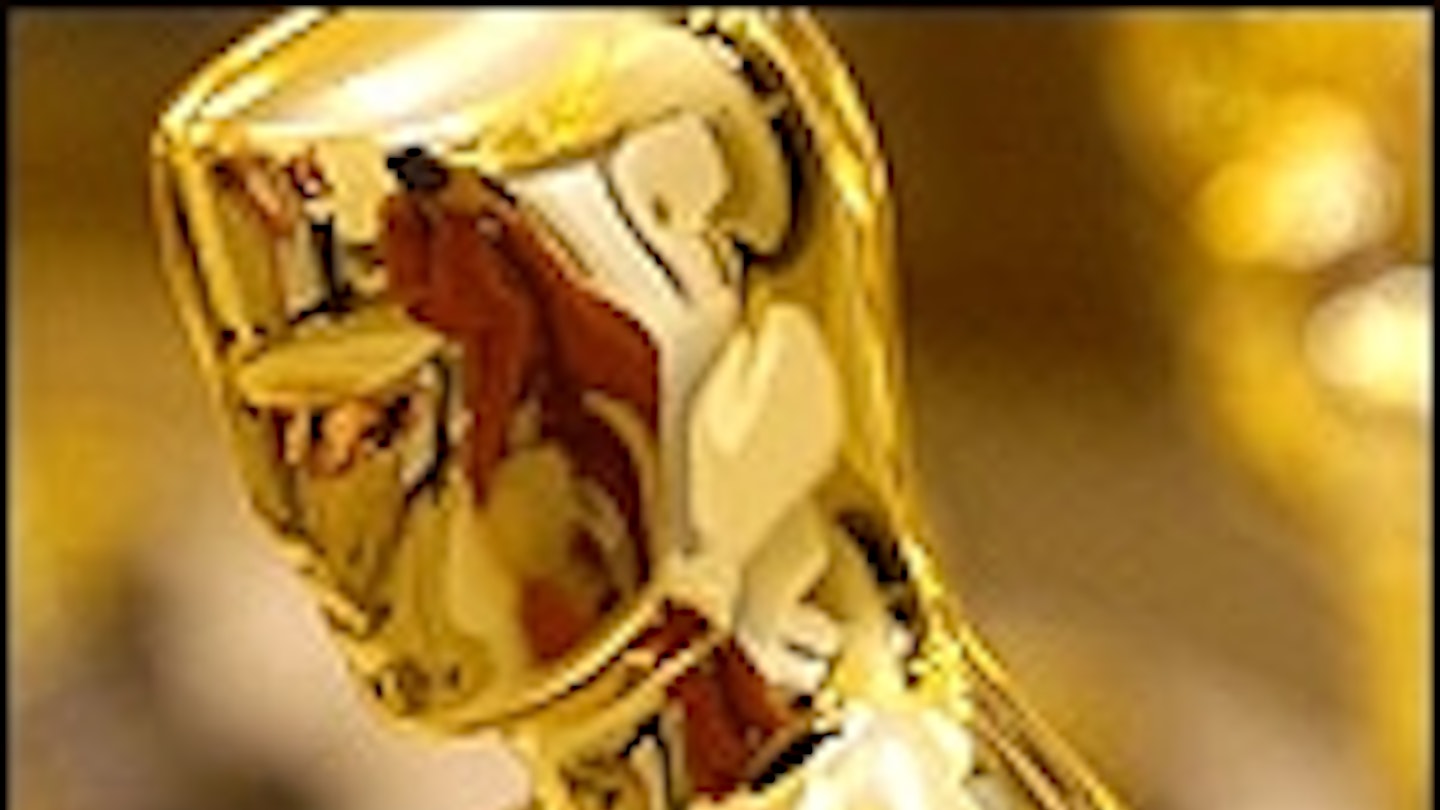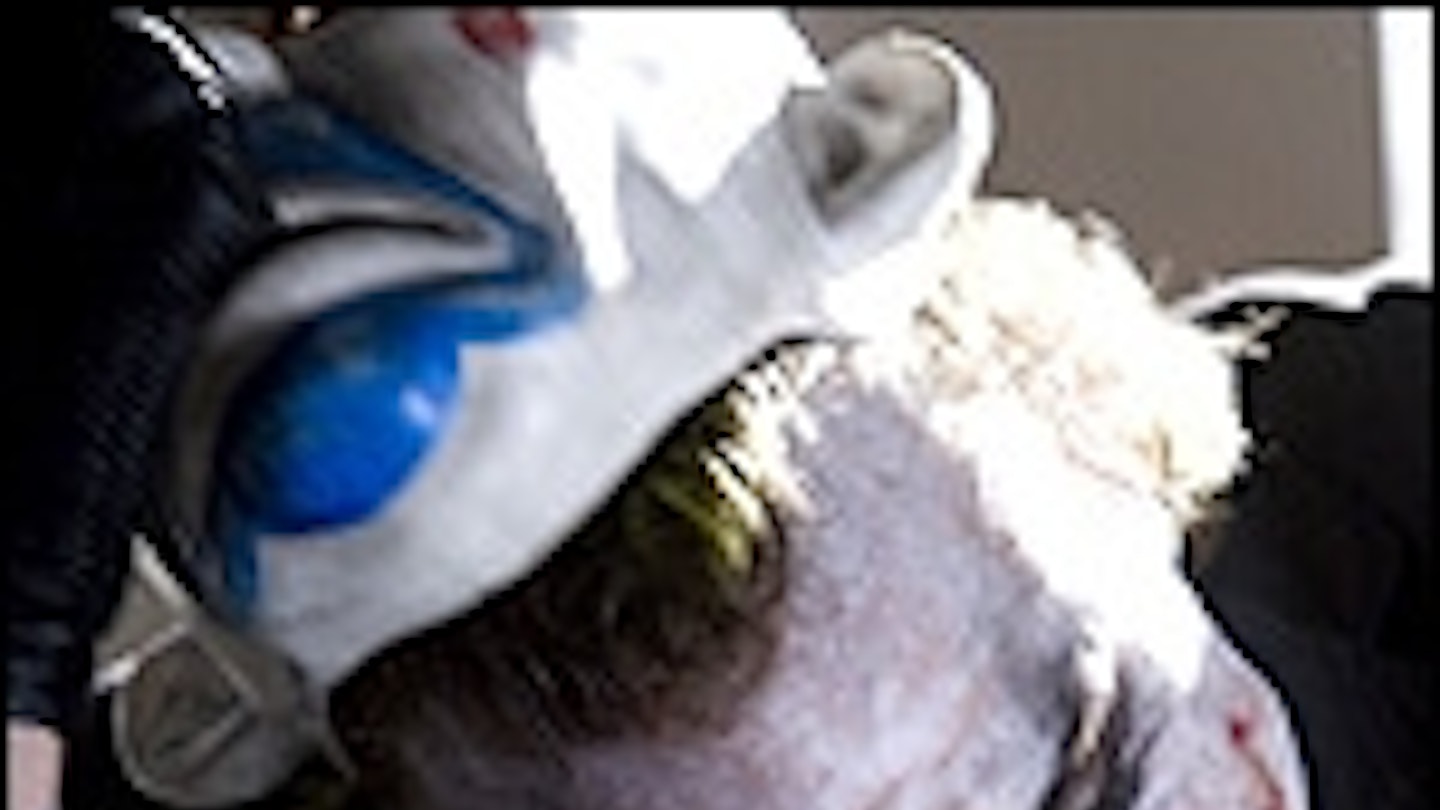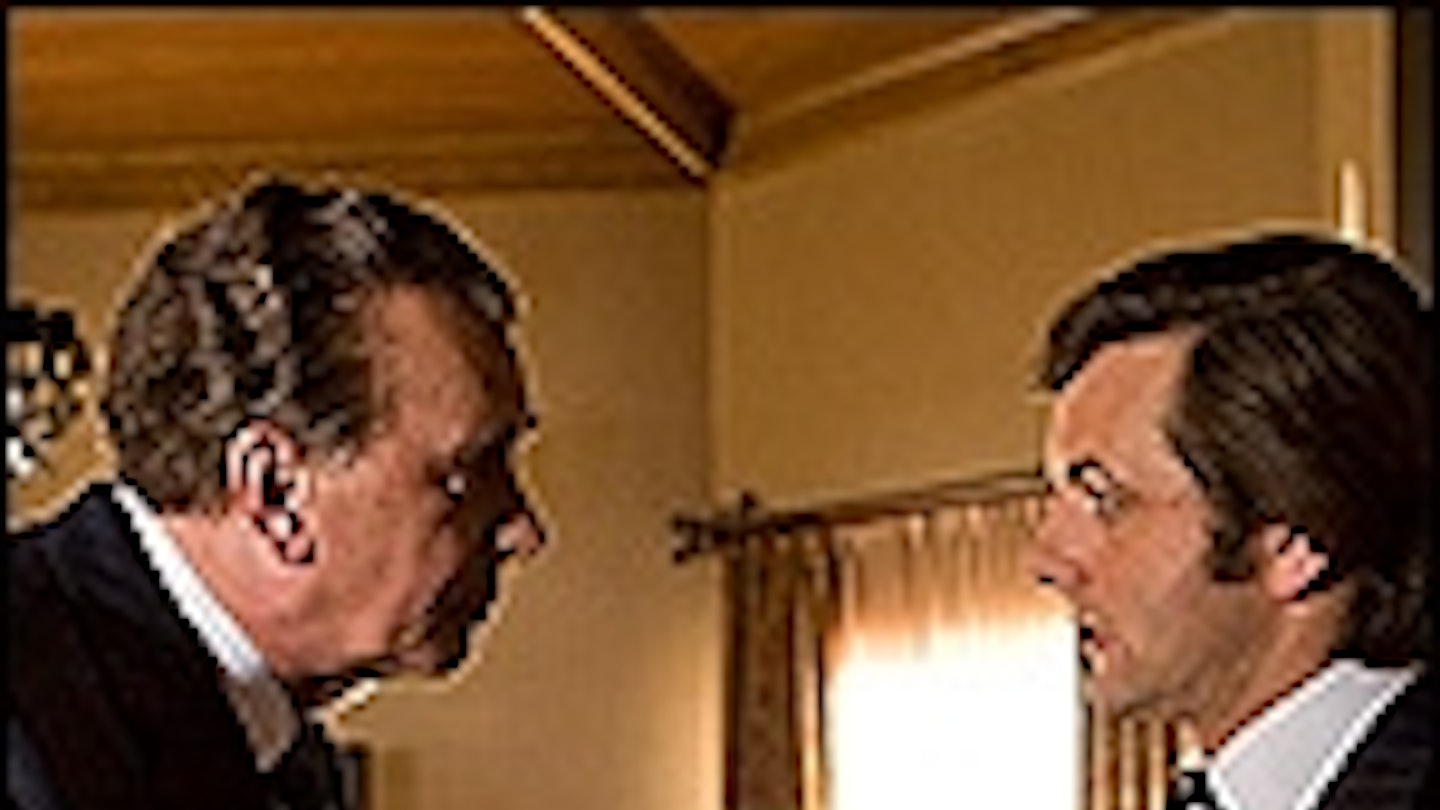In the summer of 1977, David Frost was a dandy with collars wide enough for take-off and a smile as slippery as an oil slick. His mouth ranneth over with oleaginous charm, a perfected ooze granting him entry into the lofty offices of TV’s oligarchy and the knickers of pretty debutantes. As a freelance talk-show host and nondescript journalist, television’s shallow bravado ran through his veins like the vintage champagne he used to both fuel the verve and null the sensation he was adding up to little more than a vaudeville act with a quick wit.
Michael Sheen, Britain’s smartest chameleon, has a feel for the torn edges of loudmouths — his Kenneth Williams was caustic and brittle, his Tony Blair quick witted and edgy, and we can but greedily anticipate his forthcoming stint as egocentric football whiz Brian Clough for That Damned United. As Frost, Sheen gives first the camp exterior then the moral voice mustering its strength like Hulk ready to rip through his silk shirts. It’s a magnificent announcement of a performance — a pitch perfect impression and a layered character, a hero spotted with vanity. His battle with Nixon made Frost a world player; its fictional counterpart could make Sheen our finest export.
At about this time, ex-president Richard Milhous Nixon was a confused man. America had either forgotten him or despised him, especially as a recent pardon over the imbroglio of Watergate meant he would never stand trial. Even so, from his idle perch in a Californian cliff-top villa he proudly if ignorantly clung to the ideal he had always done his utmost for the nation. He had never so much as apologised, but the enfeebling of his political clout and the guilt, his own poisonous Hulk within, were unpicking the denial. Agreeing to an interview with this British popinjay would swell his bank balance, and give him a fix of what he craved most: a comeback.
The all-too unsung Frank Langella, who stoops and rumbles and roars, played Nixon to Sheen’s Frost in Peter Morgan’s original stage-play and Ron Howard valiantly refuses to mess with the formula even if a studio might crave bigger names. Where Sheen is dead-on Frost, Langella only circles Nixon. He admirably steeps him in flawed nobility and self-deception, but besides his ache for former glory and a quick buck, there’s not enough slime in his Tricky Dicky. Both Anthony Hopkins, turning him into Richard II for Nixon, and Dan Hedaya, doing a puffed up rube for Dick, found a black humour, an inescapable scoundrel that made more sense. Langella’s more ambiguous foe is hardly debilitating, but it saps the sense of real history unfolding.
Then Howard’s confident adaptation is as much about television as it is politics. Like the equally contained and talky Good Night… And Good Luck, it is a celebration of the necessity of journalism, the kind that at its best can still shake nations (highly pertinent in this age of neo-con drivel like Fox News). What Frost achieved was the nearest thing to a trial of Richard Nixon, landing a spiritual conviction.
Morgan’s screenplay expects a fair amount of Watergate savvy from its audience. The structure is partly mock-doc, various talking heads recalling the momentous interview from the present but scant history is given. In main, Howard opts for brainy soap (on a comparable tack to Morgan’s script for The Queen), tracking Frost’s struggle for TV backing, how far out on a limb he was dangling, before stepping into the arena with an old dog well-versed in tormenting upstart journos.
If skirting the political grist weakens the film’s intellectual range, it strengthens its commercial viability — Howard realises what is implicit in the script: it’s a boxing match. Thus, he re-structures the more lethargic play as a sports movie, where the ‘good guys’ train, argue, fathom their opponent, and just at the point Nixon has Frost on the ropes, clinging on for dear life, he digs deep and turns the fight. Fact gets a mythical polish, but this is not documentary, it’s gripping, dynamic drama exactly because of its grandstanding, given valiant support by unflagging talents like Oliver Platt, Kevin Bacon, Matthew Macfayden, and an excellent Sam Rockwell as left-wing rabble-rouser James Reston.
One of the key elements of Morgan’s play was the birth of the TV close-up — that the camera can divine the truth even as words tie knots — and Howard lets his camera become a participant, closing in on its quarry. It’s something that elevates the movie far above the stage-play — we can see their faces. And it is in Nixon’s ghostly eyes, the beads of sweat on his brow, the twinges at the corner of his smile, that it became clear that Frost had snared his man.





